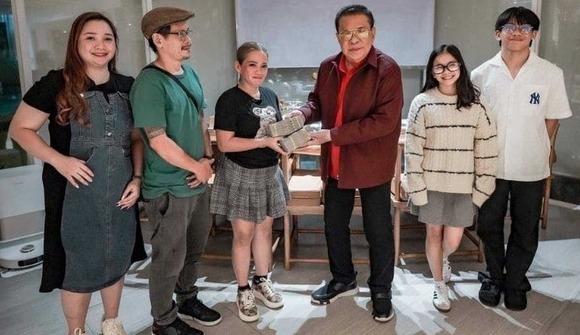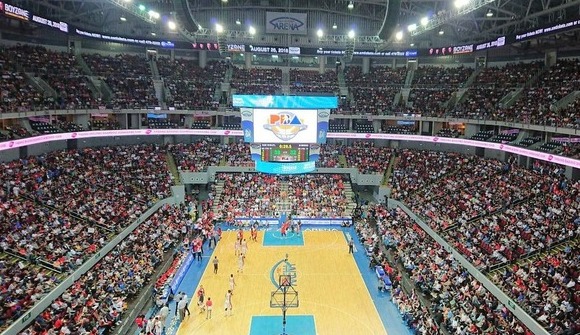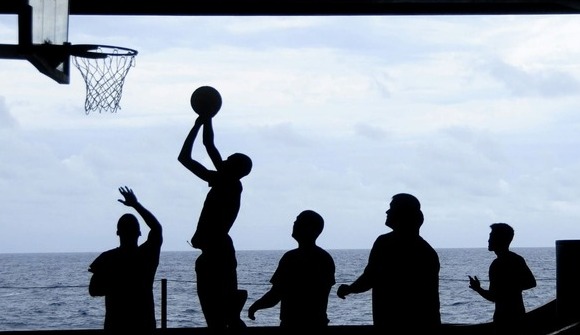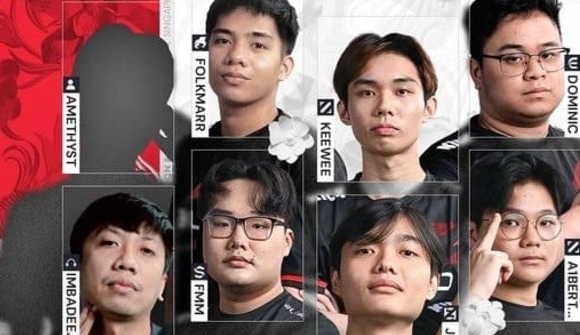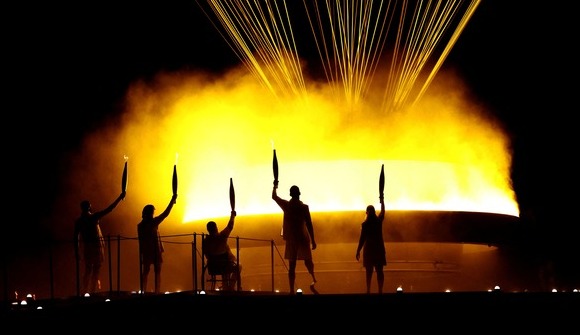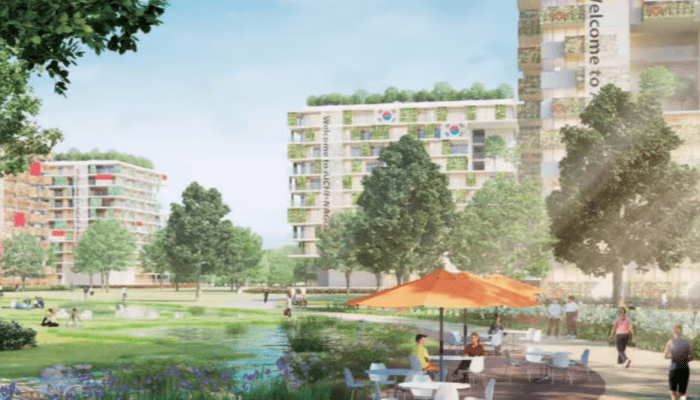
Asian Games Host Japan Cancels Athlete’s Village Plan for 2026
Concern over rising costs after Olympics scandal has led organizers to backtrack.
NAGOYA, Japan — The Organizing Committee for the Asian Games — to be held in Japan’s Aichi prefecture in the fall of 2026 — has decided that it will cancel the construction of an athletes’ village, due to concerns over rising costs following scandals related to the 2021 Tokyo Olympics.
The Organizing Committee includes the prefectural government and the city of Nagoya. The committee is also considering reducing the number of competitions and events, which had been set at “about 40,” to reduce costs. Some are concerned about sponsorship income after corruption scandals related to the Tokyo Olympics surfaced, and the question now is whether the Asian Games can run smoothly while keeping costs low.
The athletes’ village was to have been built on the former site of the Nagoya race track to accommodate about 10,000 people, or two-thirds of the athletic delegations. The athletes’ housing facilities would have been temporary, and were set to be disassembled after the games. At a meeting of the Organizing Committee’s directors on Monday, Aichi Governor Hideaki Omura, who chairs the committee, said that construction would be canceled. The decision will be finalized after receiving approval from the Olympic Council of Asia, the event’s organizer.
The event was initially expected to cost 85 billion yen ($650 million), including 30 billion yen for the athletes’ village. However, according to a person familiar with the games, the construction cost of the athletes’ village had doubled to about 60 billion yen as of the end of 2022 because of high prices and other factors, and the overall cost had ballooned to about 140 billion yen.
The organizers will instead secure hotel facilities to accommodate the athletes, the person said. They are considering 100 potential locations, including hotels near competition venues. The change significantly reduces the cost of hosting the athletic delegations, and the organizers are working to keep the event within the initial 85-billion yen estimate. “We will do our utmost to keep this within the budget,” said Omura at a press conference on March 27.
The site was to have been redeveloped by a group of companies led by Chubu Electric Power Company, which signed an agreement for the work with Aichi Prefecture, the city of Nagoya and the Organizing Committee in August 2022. The planned building of commercial and sporting facilities on the site after the event will go ahead.
Organizers will discuss with the group of companies how to handle apartment buildings and welfare facilities that were to have been part of the accommodation facilities. “As a business involved in the post-Games use of the athletes’ village, we will closely monitor the status of discussions with the Olympic Council of Asia,” Chubu Electric Power told Nikkei. “We will continue to work toward the realization of the project.”
Regarding the reduction of the number of events, “the [same] 32 events to be held at the [2024] Paris Olympics will be held [in Japan], but the Asian Games will have something extra,” said Omura. “The question is how far we go with that. [The reduction is] both in terms of the number of competitions and the number of individual events.”
The Asian Games, also known as “Asia’s Olympics,” have expanded in scale, and the burden on host cities has become an issue. Hanoi in Vietnam had planned to host the event in 2019, but it ultimately declined to do so because of financial difficulties.
Athletes’ villages at the Olympics and other events provide an environment for the athletes to compete, with meals available at any time and a gymnasium for training. “The challenge is to create an environment where each country can compete without any sense of unfairness,” said a person familiar with the event.
In Japan, public opinion has become critical of major sporting events after a bid-rigging scandal related to the 2021 Tokyo Olympics emerged. Some are concerned about whether the upcoming event will be able to generate its targeted sponsorship revenue. “The environment regarding international events has changed dramatically since we announced our intention to host the event in 2016,” said Omura. “We want the tournament to be simple, streamlined and functional as appropriate to Japan.”
Article Source
https://asia.nikkei.com/Spotlight/Sports/Asian-Games-host-Japan-cancels-athlete-s-village-plan-for-2026
Other Interesting Articles
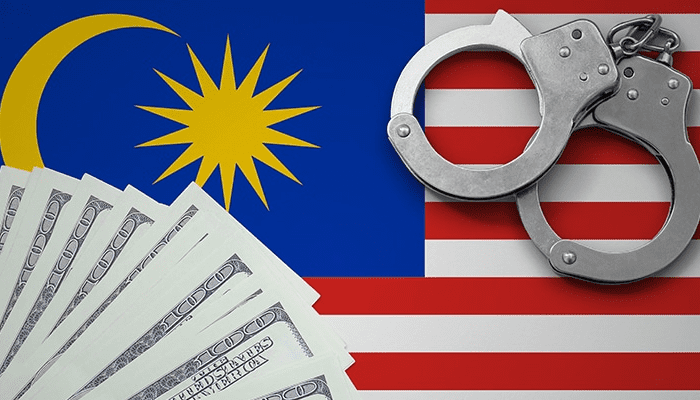 Malaysian Police Crackdown on Illegal Gambling Apr 5, 2023
Malaysian Police Crackdown on Illegal Gambling Apr 5, 2023





